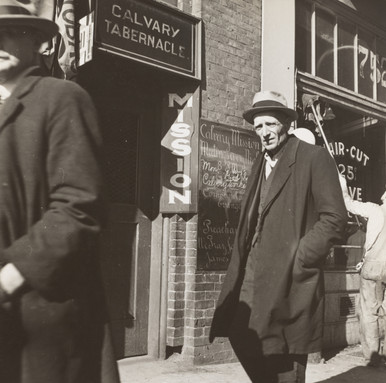Beyond Women's History Month: Incomplete Histories and Women's Place Within Them
- Content Creators

- Apr 16, 2020
- 3 min read
Maliha Khan | Dehli, India

Our histories are the stories from the past. History is the study of the lives of people who lived before us and how their actions have led us to where we are today.
While females have always made up around half of the world population, it would be only fair to see that their stories receive equal representation in history. However, this is certainly not the case.
Throughout the years in my history class, as I learned about defining moments in history, I learned about the people who led us to them and the people who shaped history - or rather the men who shaped history. Our history was (more often than not) filled with only men and their stories. If we were to judge by the history books, one would think that men were pretty much the only people who mattered in history—or at least, the only ones worth remembering. Women were almost non-existent or unimportant, to say the least.
But the truth of the matter is that it is not just men who shaped our history but it is men who wrote the history and wrote the women out of it.
When we look at our history books, we lack representation of female stories. Women, their lives, their achievements, and contributions are largely left out of the popular narrative. Other than the exceptional few mentions they are usually rendered invisible.
While reading history textbooks, I read chapters and pages about kings, their generals, male thinkers, etc. However, I only found a brief mention of the female figures in history.
While reading about Mughal chronicles, I found pages dedicated to the famous chroniclers (who were men), their biographies, writing style, and work experience while I only found a paragraph about one female chronicler - Gulbadan Begum (also a Mughal Princess). I read how the great kings sanctioned building monuments and patronized architecture but was informed about similar contributions of their female counterparts in a few sentences.
Gul Badan Begum – Mughal Princess and Historian
Women have always been the marginalized gender and as a result, there has been a silencing of the roles played by women in history. But if we were to take a deeper look into history, we’ll find countless women who did incredible things yet weren’t recognized in their time and sadly not even in ours.
There has been (as Marguerite Nebelsztein calls it) an erasure of women from history. Be it moving women to the background, or minimizing their roles, stealing or diminishing their work or making them completely disappear from the narrative; women have been more often than not been reduced to the position of a passive background character whose role has no effect on history.

This is unfair not only to the women in the past but to those in the present too. As said by Myra Pollack Sadkar “Each time a girl opens a book and finds a womanless history she learns that she’s worthless.”
The lack of a presence of female stories in our histories leaves our girls with almost no one to identify with or look up to. Even more so in case of women of colour whose stories have been muffled to a further extent. We need to teach girls that they are equals on this planet and have always been significant to the growth of society and the world.
Many strides have been made in this direction, which has led to the formation of women’s history as a subject in itself - or renamed to be called herstory. But why should it be a separate entity? Why is women's history not simply included in mainstream history? After all, isn’t history about our society and aren’t women an integral part of our society?
More then anything, writing women out of history is not only unjust to women but history itself.
.png)



































Comments